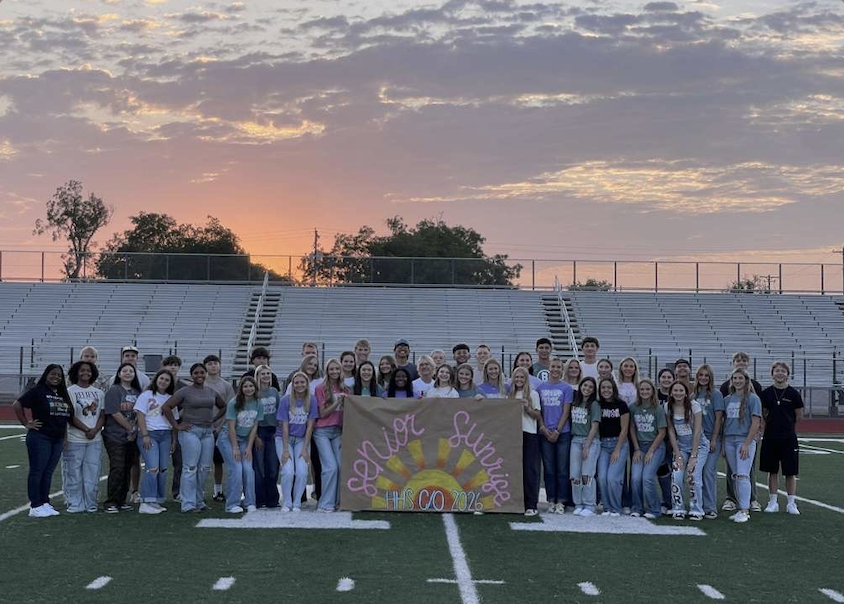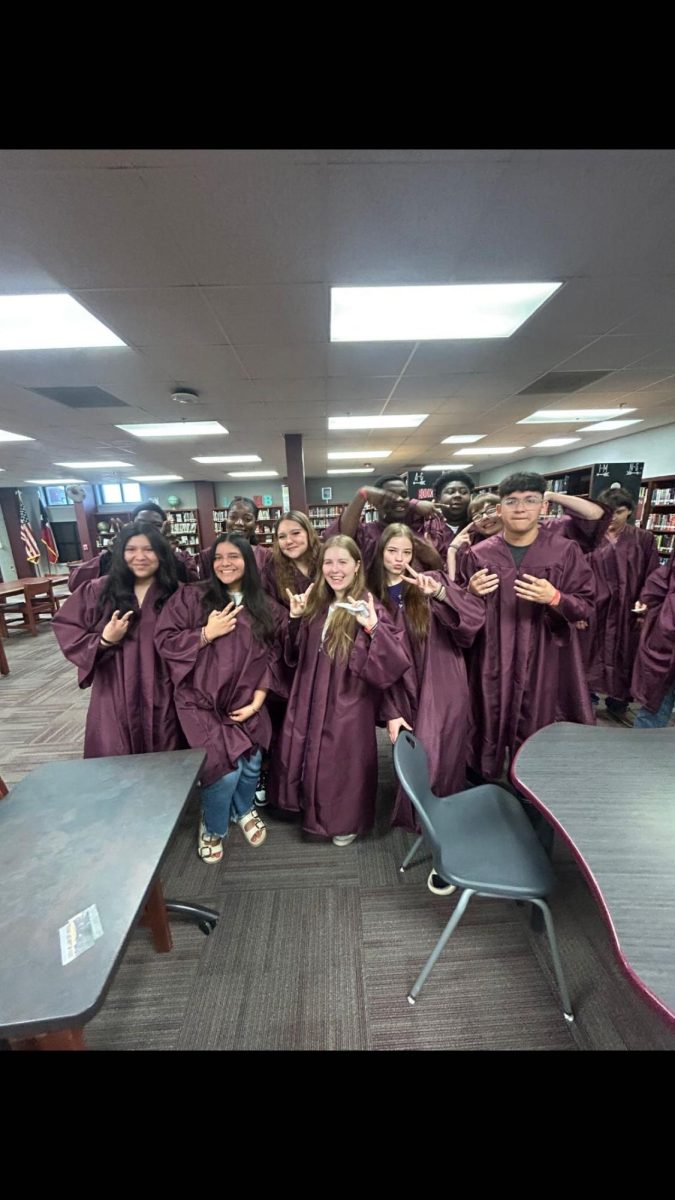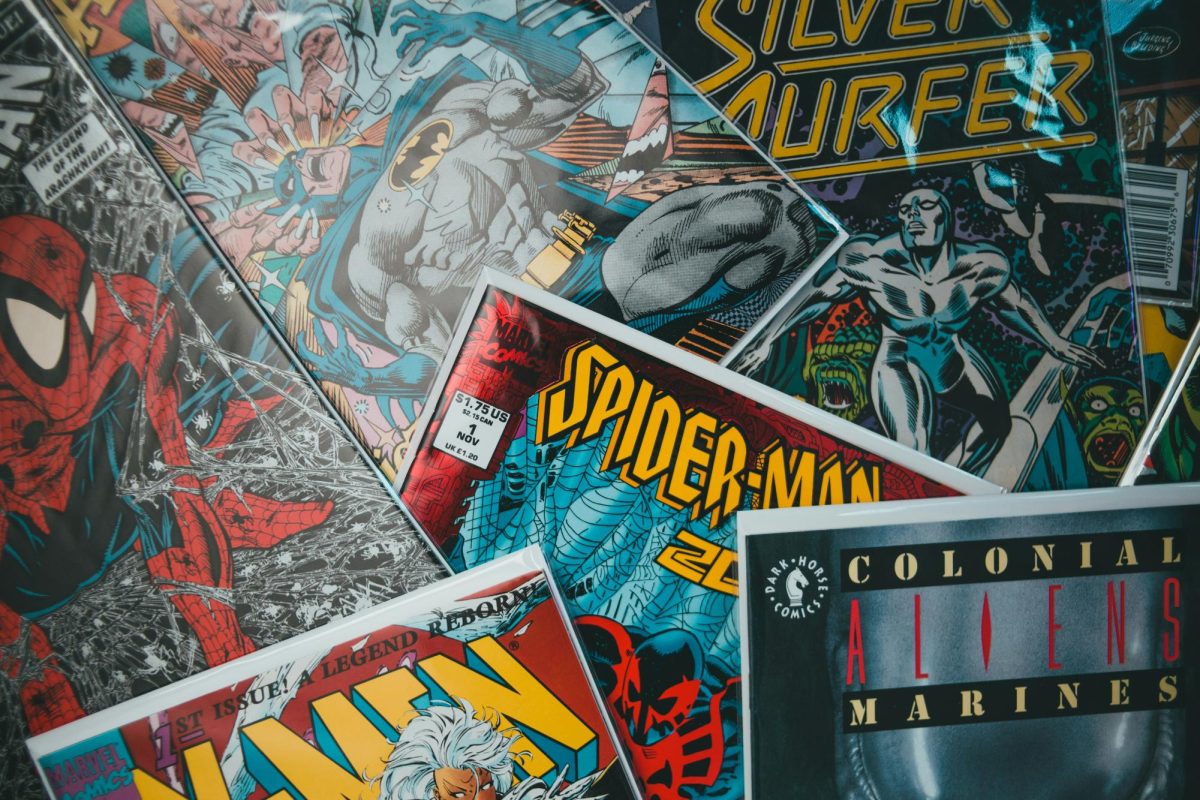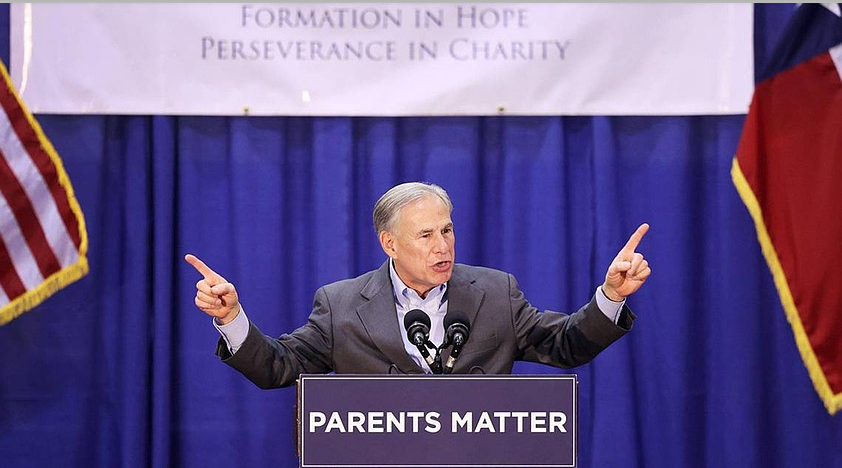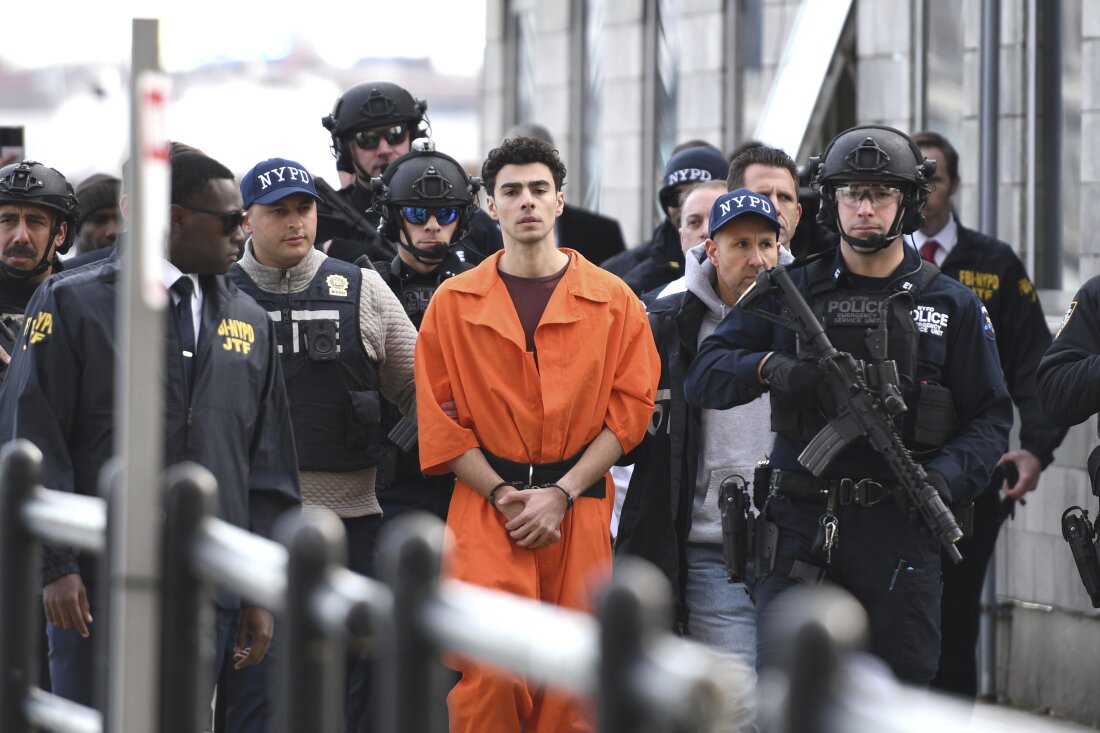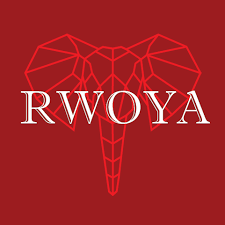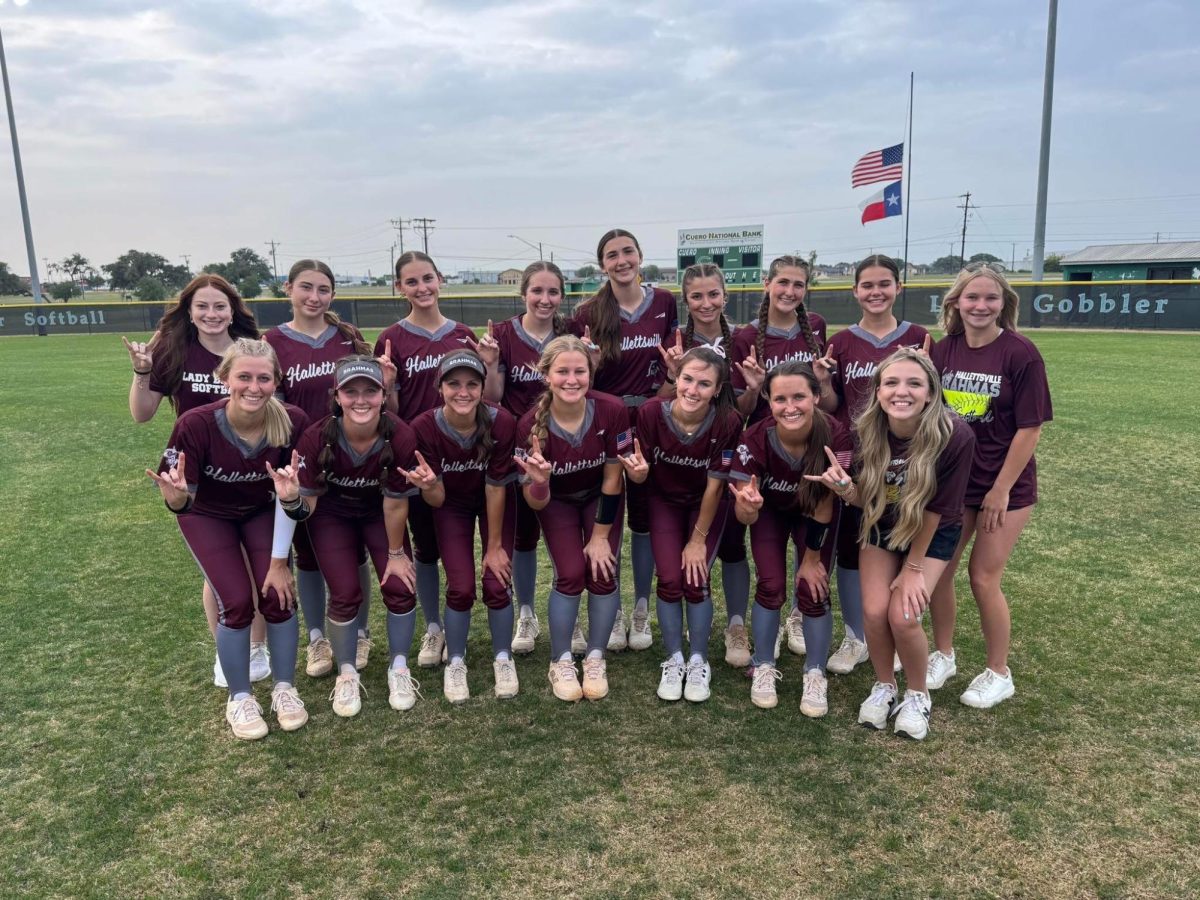170 million Americans awoke on January 19 to see that TikTok had gone dark. Chaos erupted, as infuriated users took to other platforms to voice their disappointment that TikTok had been banned.
Bored and feeling disconnected from their main source of information and interrelation with their friends and community, the ban was met with mixed feelings of disappointment and confusion. This confusion would only be fueld when- a mere 14 hours later- the app was up and running again in the United States.
So where did the ban come from? And why did it not last?

As TikTok users opened their apps that morning, a message flashed on their screen citing a U.S. law that banned the use of the app. This law was not a recent development, as its creation began in 2020 when President Donald Trump ordered TikTok’s owning operation to sell the United State’s section of the app to an American company or individual. This order came as government worries about national security and civilian privacy heightened with the growing tensions between the United States and the Chinese Communist Party.
Five years later, the Supreme Court upheld the law to ban TikTok.
Simultaneously, Donald Trump prepared to be sworn into the Presidential office for a second term.
TikTok came back online, citing Trump’s efforts as the force behind the return of the app. In reality, Trump’s executive order has bought the app time while the Government and new administration work out the details of TikTok’s future in the country. 
TikTok still has a time limit to sell- whether in totality or partially. Notable American and international figures who have expressed interest in ownership of TikTok include Elon Musk, MrBeast and Kevin O’Leary. In the meantime, TikTok is still not available for download, and Lemon8 and Capcut are still inaccessible.
The future of TikTok is still uncertain. With the change in presidency, it is possible that increased pressure on business negotiations could be enough to convince ByteDance to sell. It is also possible that President Donald Trump, as explained by BBC, would allow the law banning the app to stand but not enforce it through the Department of Justice.
As one of Gen Z’s favorite apps and undoubtedly a huge advertising platform for businesses, a permanent TikTok ban will have a large impact on the United States. The government is no doubt reluctant to release TikTok in its entirety, as its economic and communications benefits are not unnoticed. However, if its presence does present a threat to national security as some government officials claim, it has a long road of changes ahead to find itself a permanent place again in the United States.
